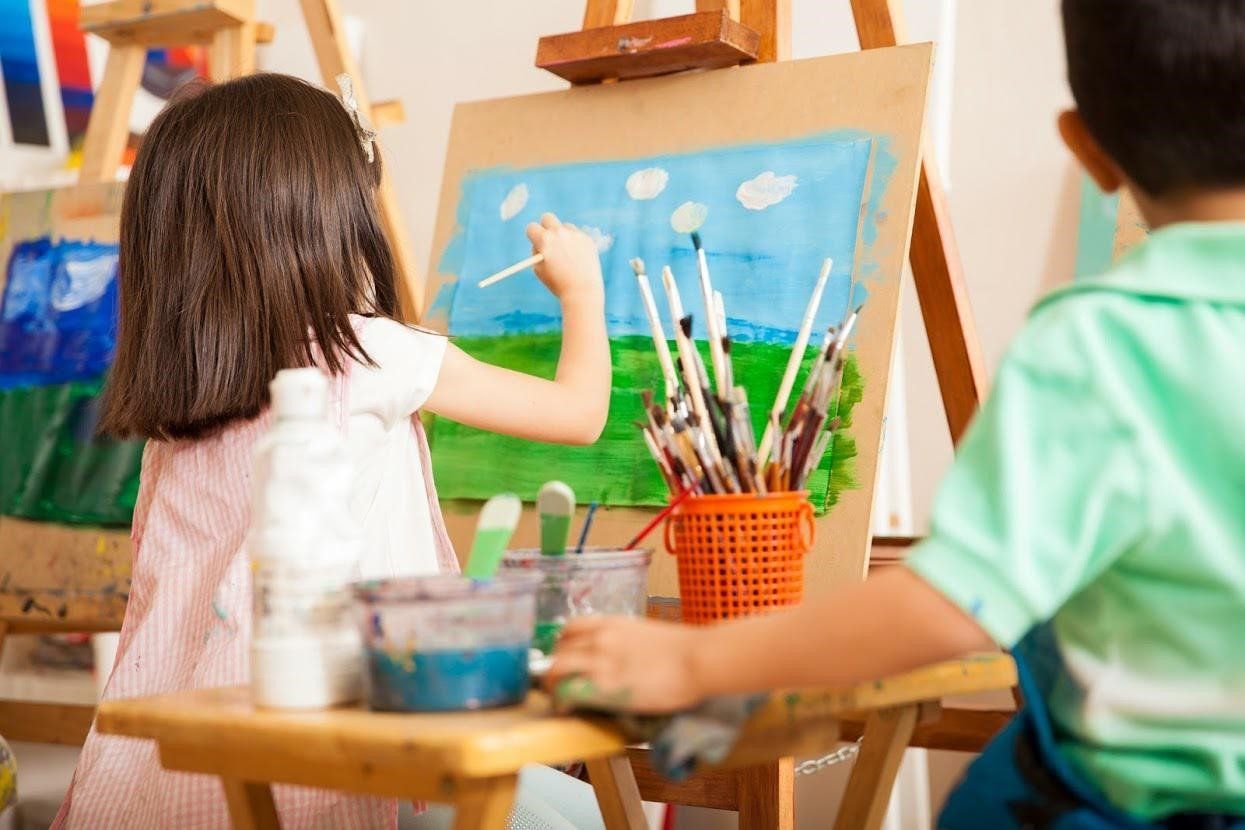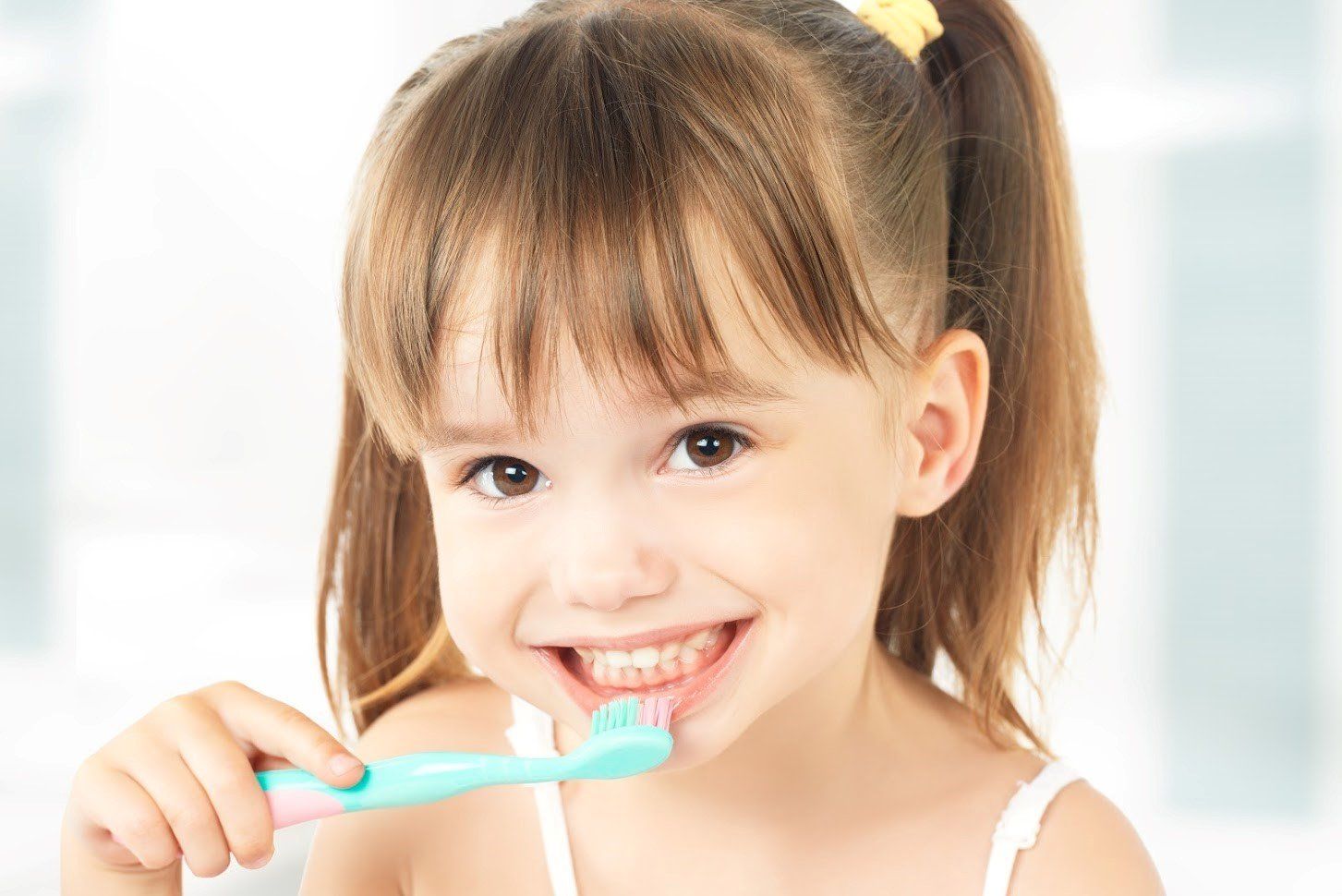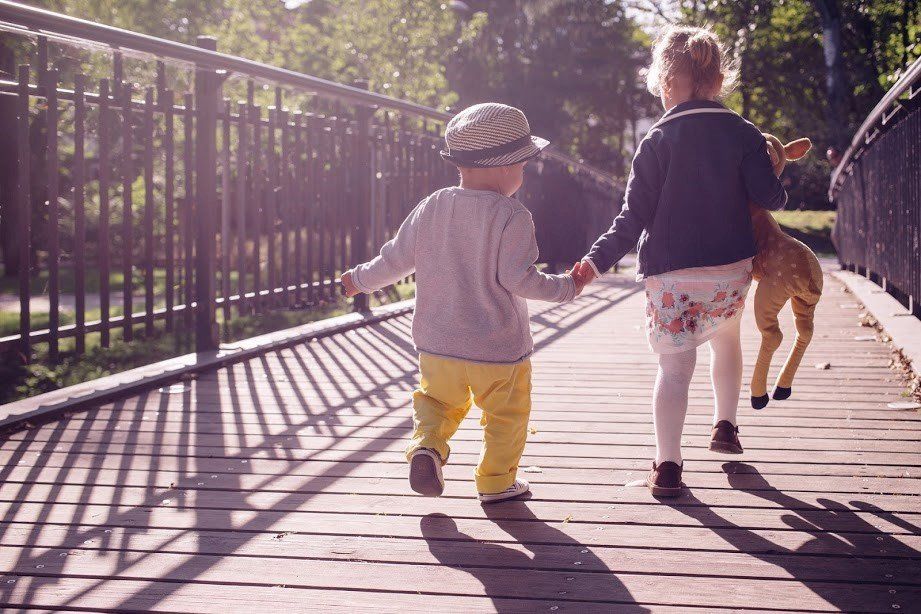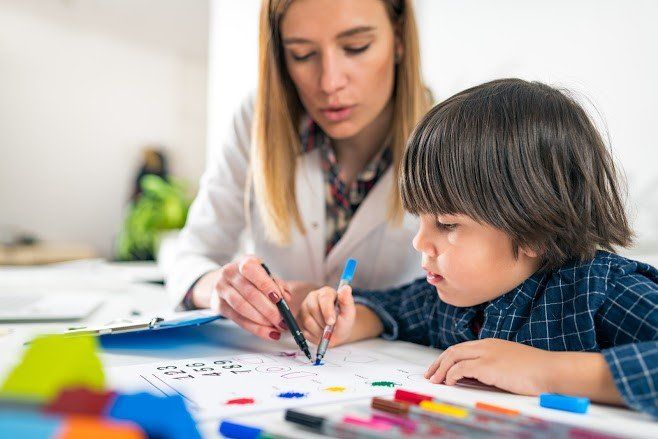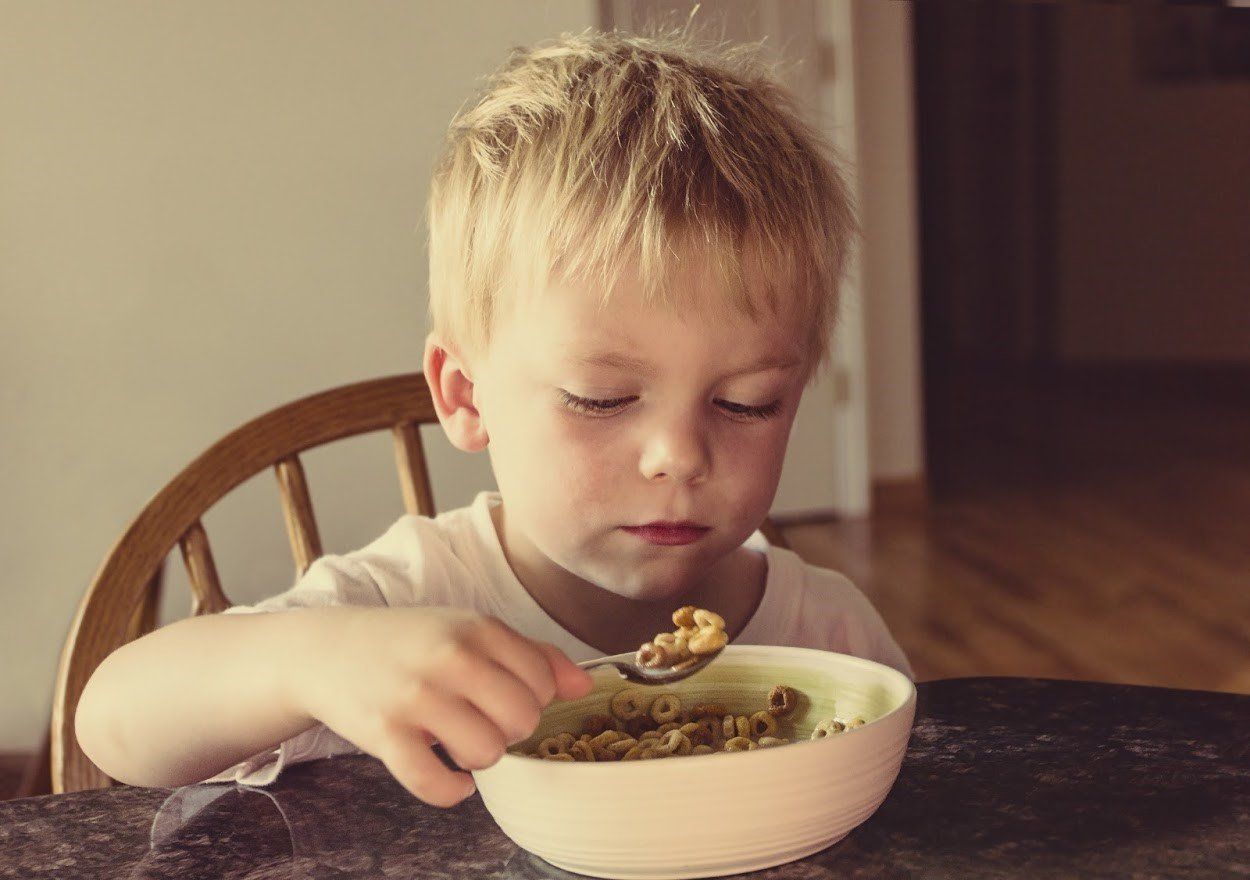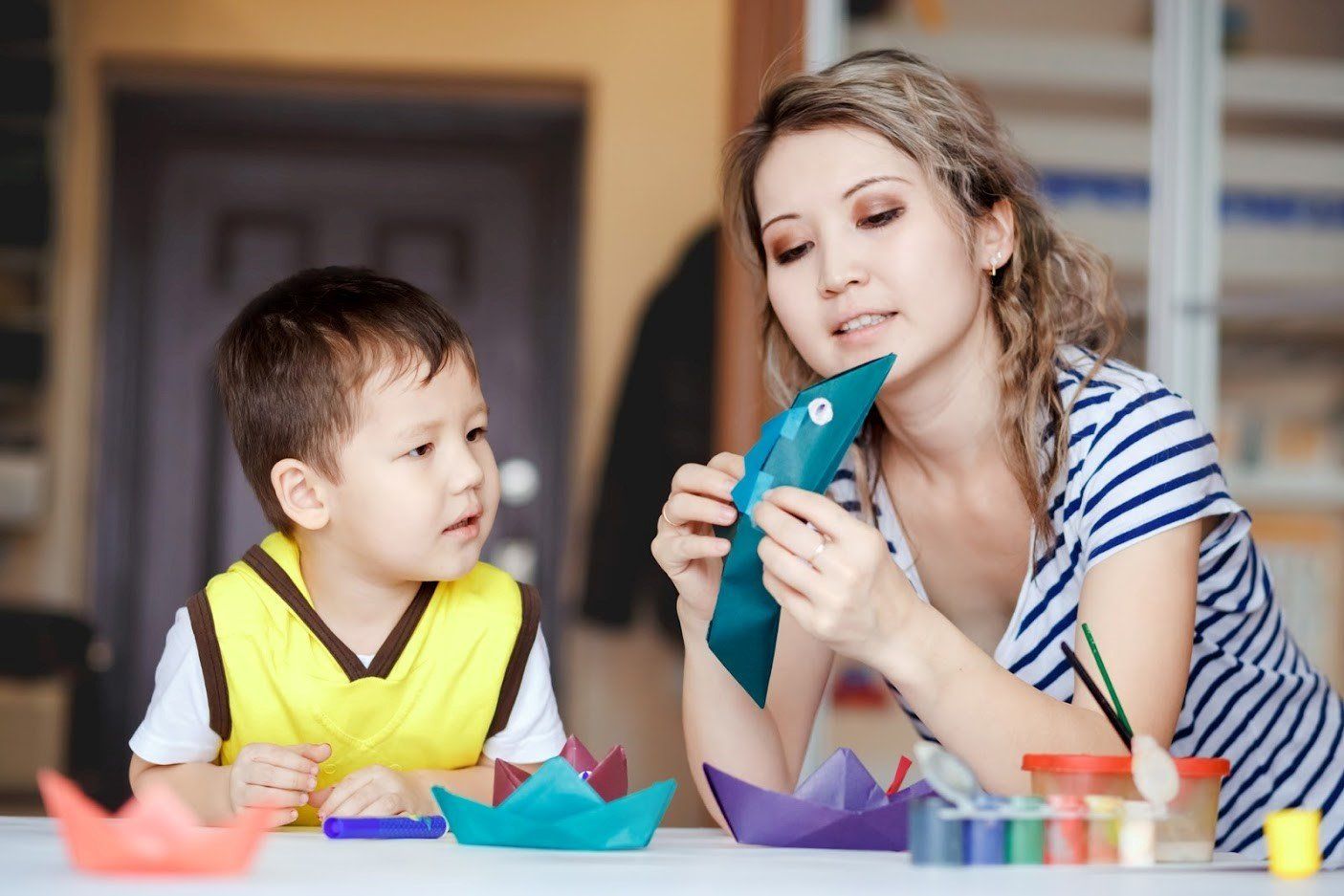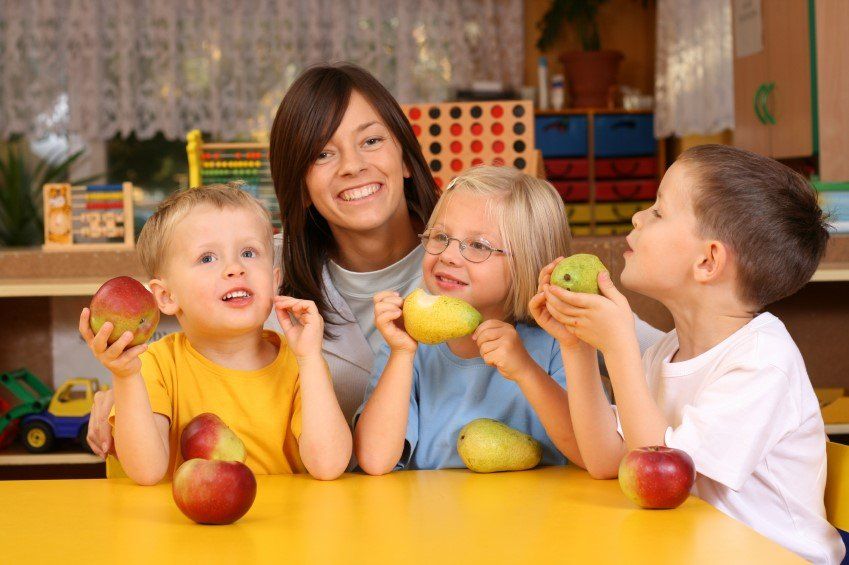Toddlers | Small World Early Learning and Development Center
Is your toddler on target with their speech and language development? The ability to communicate effectively can reduce frustration, cut down tantrums, and help your young child in plenty of other ways during their school and at-home days.
If you're not sure what's typical, take a look at some of the most common toddler-speech development questions answered.
Are There Definitive Milestones in Toddler Speech Development?
This is a tricky question to answer. While there's an expected progression of speech and language development, some children reach specific targets earlier or later. If your child is weeks (or in some cases a few months) ahead of schedule or behind, you may have nothing to worry about.
Even though developmental milestones aren't set in stone, children who are far behind the expected target goals or skip essential steps may need additional evaluation. Talk to your child's pediatrician or daycare teacher. These professionals can help you to find a speech-language expert who will assess, diagnose, and (if needed) propose a treatment plan.
How Many Words Should a Two-Year-Old Say?
Some toddlers are extremely outgoing and verbal, while others are shy to speak. However, your two-year-old likely knows up to 50 words. But you don’t need to worry if your child's magic vocab number is only 30 or 40.
If your child hasn't spoken any words or progressed in their language development, contact a speech professional for evaluation and more information.
In some situation (such as the first day of child care), your typically talkative toddler may suddenly seem like they're at a loss for words. This makes communicating with the teacher absolutely essential for every parent. Fill the teacher in, letting them know what your child's language strengths/weaknesses are.
Should a Toddler Speak in Sentences?
Don't expect lengthy monologues or complex mixes of words yet. While many toddlers can form basic sentences, they don't have the verbal or language abilities to create sophisticated strings of words. A two-year-old may only use two- to three-word sentences. This basic form of communications is typical for the age.
As your child transitions into the preschool years, they'll likely start speaking in longer four- (or more) word sentences. If your child doesn't use multi-word sentences or isn't developing the ability to create complex (more than two or three-word) sentences by the preschool years, a speech-language pathologist can assess your child's current ability and help to build their communication skills.
What Can Parents Do to Help Speech and Language Development?
Talk to your child. The more words your child hears, the better able they are to understand speech and build their own vocabulary.
You don't have to create at-home speech or language lessons to speak to your child. Instead:
Ask questions. Whether you're at daycare drop-off, the grocery store, or anywhere else, ask your child questions. Stick with basics, such as, "What do you see?" or, "What color is that sign?"
Discuss your day. When you pick your child up from daycare, ask about their day and tell them about yours.
Read books. Read age-appropriate picture books to your child, asking questions along the way.
If you're not sure how to start building your child's vocabulary, talk to their teacher. The early childhood educator can provide ideas and activities that get your child talking. Ask about specific vocabulary words (such as color or shape words) your child is learning in class. The at-home reinforcement can add to their language development in a familiar way.
Are you looking for a new early learning experience or is your toddler ready to start preschool? Contact Small World Early Learning and Development Center for more information.


